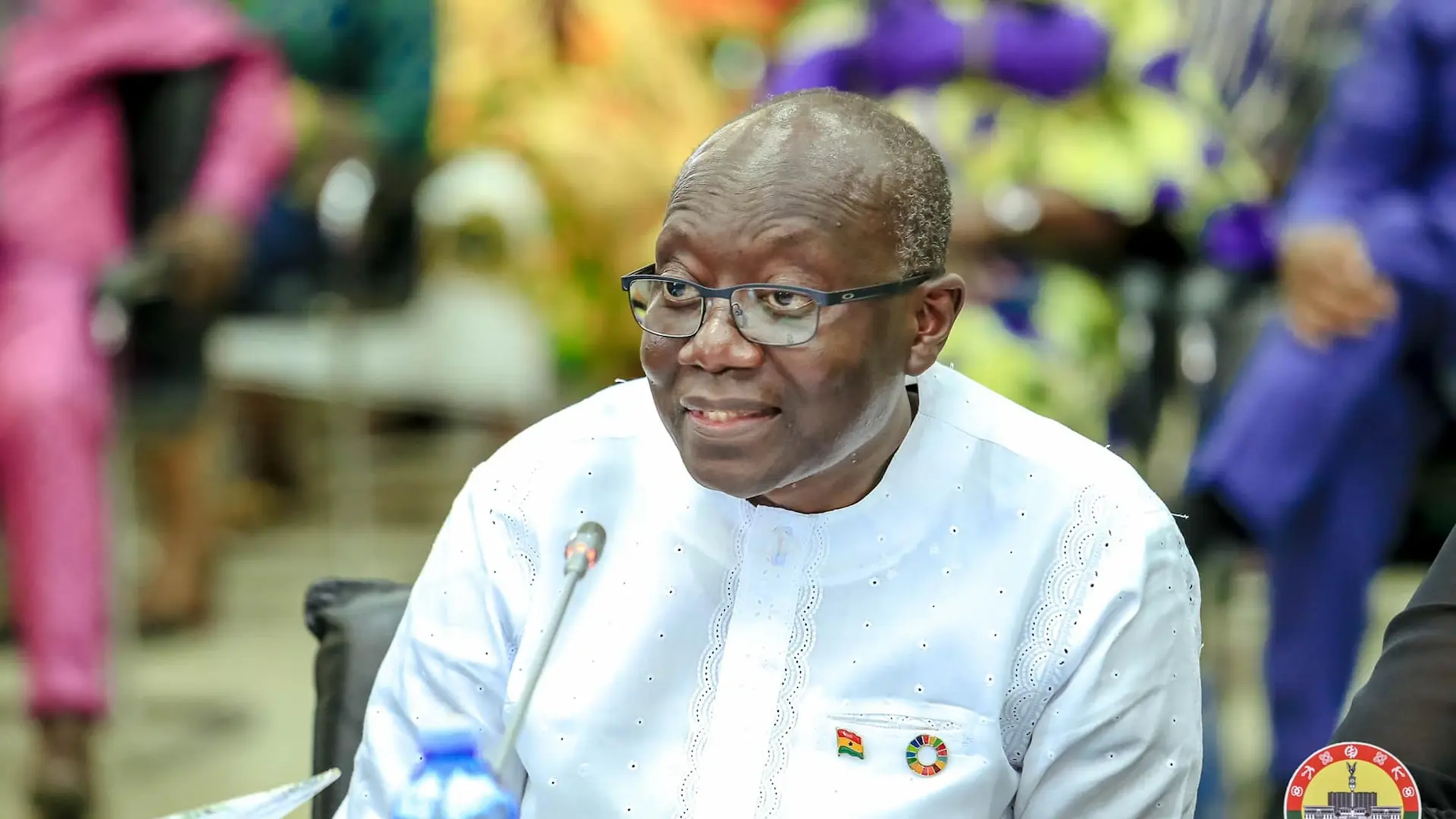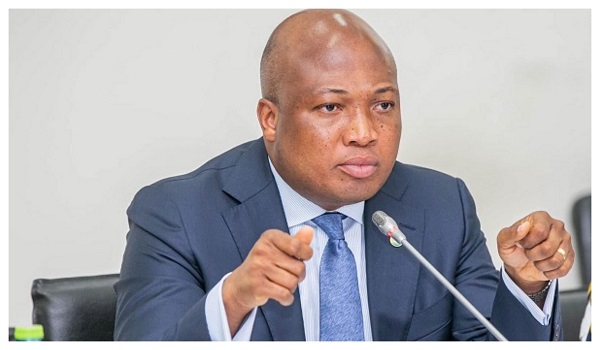Former IT Head at Ghana's US Embassy Denies Fraud Allegations

Fred Kwarteng, the former Head of IT at Ghana’s Embassy in Washington D.C., has strongly denied allegations of financial impropriety and abuse of office. He insists his actions were transparent and provided significant benefits to Ghanaians in the United States and Ghana, urging a focus on the value of his services rather than speculation about his personal earnings.
The allegations, which led to a temporary closure of the embassy by the Minister for Foreign Affairs, Samuel Okudzeto Ablakwa, centre on claims of corruption and unauthorized business dealings. Specifically, Mr. Kwarteng is accused of orchestrating a fraudulent scheme by creating an unauthorized link on the embassy’s official website. This link allegedly redirected visa and passport applicants to his private company, Ghana Travel Consultants (GTC). Investigators claim that through this scheme, unauthorized fees ranging from US$29.75 to US$60 were collected, bypassing official payment channels and violating Ghana’s Fees and Charges Act. These funds were reportedly deposited directly into Mr. Kwarteng’s personal bank account, and the scheme is believed to have remained undetected for at least five years.
In his defense, Mr. Kwarteng stated that the creation of the link and the services provided were not illegal and had been authorized by the Ministry of Foreign Affairs under a previous administration. He argued that his innovations, including a service for effective communication with passport applicants, were known to and appreciated by officials at both the embassy and the Ministry. He clarified that the fees collected via his private platform were for logistical assistance, such as purchasing return envelopes, preparing mailing labels, and managing communication from application submission to delivery, rather than for official embassy services. He emphasized that these services improved the user experience and helped applicants track their documents, asserting that no complaints of stolen money or passports were ever made. "I was working for the embassy and got paid for those duties. The other solutions I provided were for outsiders who paid me to assist with communication and delivery," he explained, maintaining that embassy leadership was fully aware of his role.
Following the revelations, Minister Ablakwa ordered the temporary closure of the embassy. The IT department has since been dissolved, all personnel assigned to the Washington mission have been recalled to Accra, and all locally hired staff have been suspended pending further investigations. The matter has been referred to the Attorney-General for possible prosecution, and steps are underway to recover any misappropriated funds.
The Ghana Embassy in Washington D.C. has subsequently reopened. In a statement, the Ministry of Foreign Affairs announced it would assume direct control of the Mission to restore integrity, finalize ongoing structural reforms, and implement a complete overhaul of its systems. An Information Technology (IT) team has been deployed to reconfigure the embassy’s website and payment platforms, ensuring the removal of all unofficial and unauthorized links. The Ministry reiterated its commitment to improving service delivery, promoting transparency and accountability, and safeguarding Ghana’s international reputation while investigations into the alleged irregularities continue.











